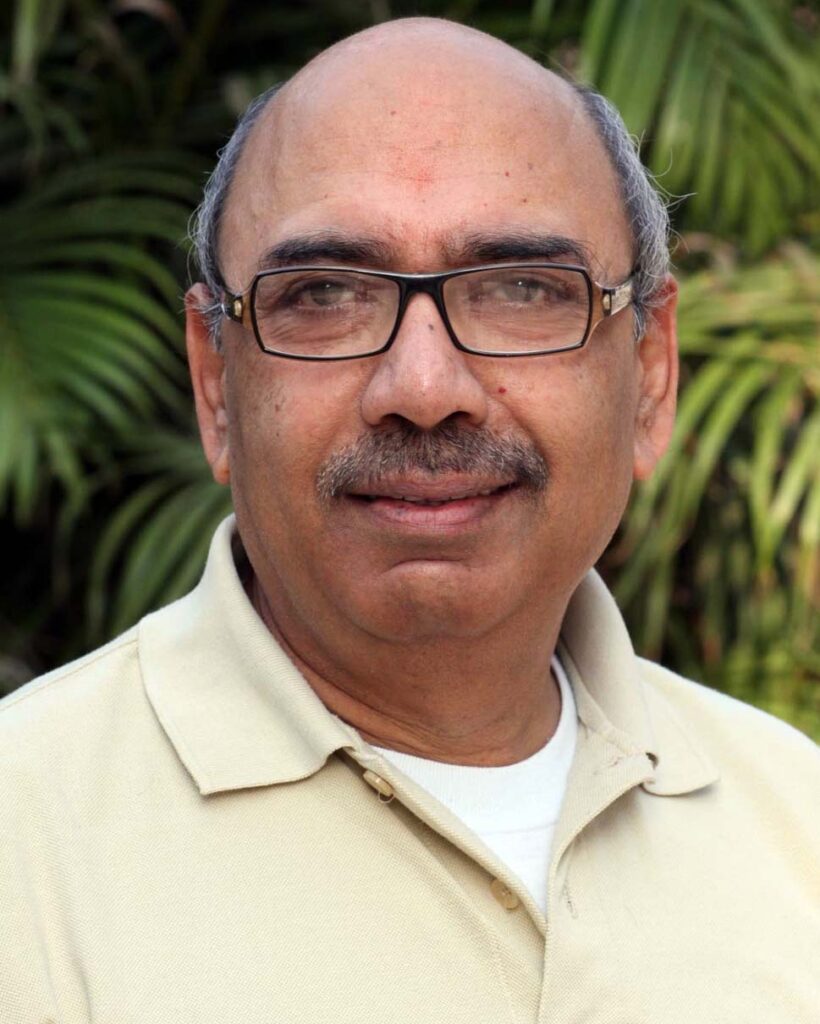
Shashi Kant, a 1977-batch Indian Police Service (IPS) officer of the Punjab cadre, is widely respected for his resolute commitment to justice and institutional integrity. Over a distinguished career spanning several decades, he held numerous key positions, culminating in his appointment as Director General of Police (DGP), Punjab, from which he retired in 2012. Between October 2011 and June 2012, he served as Director General (Prisons), Punjab, where his tenure was marked by reform-oriented leadership. However, it is his fearless crusade against Punjab’s illicit drug trade that cemented his reputation as a principled reformer. Under his stewardship, a comprehensive and sensitive list of individuals allegedly involved in drug trafficking was meticulously compiled — an act that drew national attention and underscored his moral courage. Kant’s distinguished career reads like a dossier of national service at the highest echelons of governance and intelligence. A seasoned operative, he served across the full spectrum of Central Intelligence, Investigative, and Law Enforcement Agencies — entrusted with maintaining law and order. From operating deep undercover to safeguarding critical national interests within the Prime Minister’s Office (PMO) and the Ministry of External Affairs (MEA), Kant’s versatility set him apart. One of his most commendable contributions came during the evacuation of Indian citizens from Iraq. In 2012, Shashi Kant aligned with the Indian anti-corruption movement led by renowned social activist Anna Hazare, extending his fight for accountability beyond the confines of law enforcement. His enduring legacy is one of integrity, advocacy, and uncompromising action against systemic rot. His legacy is not merely one of service — it’s a testament to unwavering dedication, tactical brilliance, and a lifelong commitment to the nation.


